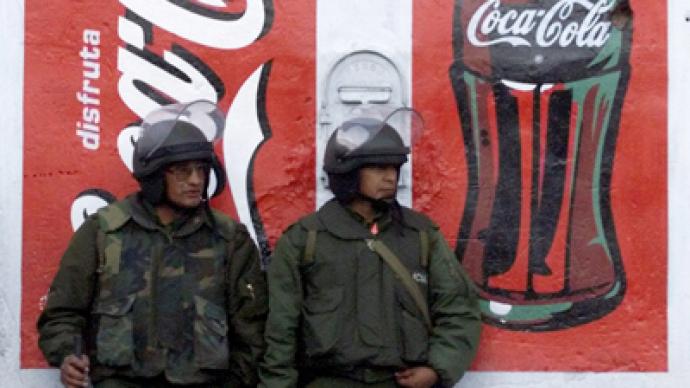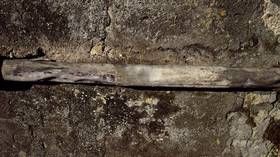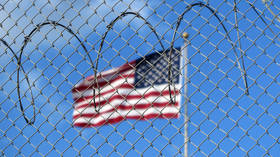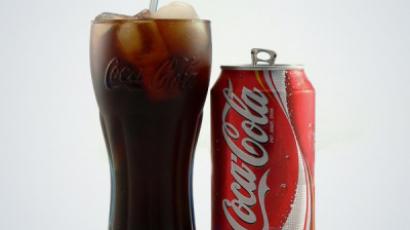Fizzy tizzy: Bolivia walks back talk of Coca-Cola ban

Bolivian officials played down a recent pledge to ban Coca-Cola, saying the words were taken out of context. Their aim was to encourage locals to switch to a homemade peach soft drink instead of the famous American soda.
Foreign Minister David Choquehuanca said that December 21, 2012 – the day the Mayan lunar calendar enters a new cycle – “has to be the end of Coca-Cola, the end of selfishness, of division.”“The planets will line up after 26,000 years. It is the end of capitalism and the beginning of communitarianism,” he said. International media ran his words, claiming the country planned to expel one of the world largest soft drink manufacturers. But Choquehuanca actually meant that December 21 "ought to be the end of Coca Cola, and the beginning of Mocochinci," a local drink made from dried peaches, said Foreign Ministry spokesperson Consuelo Ponce. US weekly magazine Forbes suggested that the alleged ban on Coca-Cola comes at time when Bolivia is pledging to legalize the consumption of coca leaves, alleged to be one of the main ingredients in the soft drink’s secret formula.The sale of the native coca leaf is big business in Bolivia, accounting for 2% of the country’s GDP (approximately $270 million annually), and representing 14% of all agricultural sales, Forbes reported.The UN declared the leaves illegal under the 1961 Single Convention on Narcotic Drugs, along with cocaine, opium and morphine. Since 2009, Bolivia has consistently called for change to the ruling. The consumption of coca leaves is a centuries-old tradition in South America, strongly rooted in the beliefs of various indigenous groups. The Bolivian legislature recently approved a Bill of Complaint filed by President Evo Morales’ administration to withdraw Bolivia from the convention over its prohibitions against the personal use, consumption, possession and cultivation of the coca leaf.In support of the bill, the Bolivian government cited Article 384 of the 2008 Bolivian Constitution, which obligates preserving the use of the coca leaf as part of Bolivia’s ancestral heritage, and rejects the designation of coca in its natural state as a narcotic.President Morales defended the traditional practice of chewing coca leaves at a UN meeting on narcotics in March, and urged the body to reconsider its 1961 decision.














